Distributed Cloud Computing: A Revolutionary Approach to Data Management
Distributed cloud computing is the next generation of cloud computing, retaining the advantages of traditional cloud computing while extending its range and use cases

Understanding Distributed Cloud Computing
Cloud computing has revolutionized the way we store and access data. With the advent of distributed cloud computing, this technology is set to reach new heights.
Distributed cloud computing incorporates the physical location of cloud-delivered services as part of its definition². This is a significant shift from the virtually centralized model of most public cloud services and the model associated with the general cloud concept². Distributed cloud has three origins: Public cloud, hybrid cloud, and edge computing.
Key Terms in Distributed Cloud Computing
To understand distributed cloud computing, it’s essential to familiarize ourselves with some key terms:
- Application Programming Interface (API)
APIs allow users to access information or functionality from a given service and incorporate it into their app.
- Amazon Web Services (AWS)
AWS is Amazon.com’s cloud computing platform, offering over three dozen cloud services to consumers.
- Azure
This is Microsoft’s cloud computing platform, a competitor of AWS. It provides Infrastructure as a Service (IaaS) and Platform as a Service (PaaS) services.
- Backend-as-a-Service (BaaS)
BaaS provides tools and services to the developers of mobile and web apps to create their cloud backend for said apps.
- Big Data
A term for massive amounts of structured and unstructured data that come from a wide variety of sources.
- Big Data
Backing up data to a remote, cloud-based server.
The Role of Distributed Cloud Computing
Distributed cloud computing is predicted to be the future of cloud computing. Forbes predicts that 83% of enterprise workloads will be in the cloud by 2020¹. The demand for cloud certified engineers is also on the rise¹. Distributed cloud models can target location-dependent cloud use cases that will be required in the future.
The Advantages of Distributed Cloud Computing
Distributed cloud computing retains the advantages of cloud computing while extending the range and use cases for cloud. It offers several key propositions, such as shifting the responsibility and work of running hardware and software infrastructure to cloud providers, leveraging the economics of cloud elasticity, benefiting from the pace of innovation in sync with public cloud providers, and more.
Conclusion
Distributed cloud computing is set to revolutionize the way we store and access data. With its ability to retain the advantages of traditional cloud computing while extending its range and use cases, distributed cloud computing is the future of data management. As we move towards a more digital world, understanding and utilizing distributed cloud computing will become increasingly important.
Distributed cloud computing is like the universe - vast, expanding, and full of undiscovered potential. It's the Big Bang of data management, propelling us into a future where information is as boundless as the stars.
